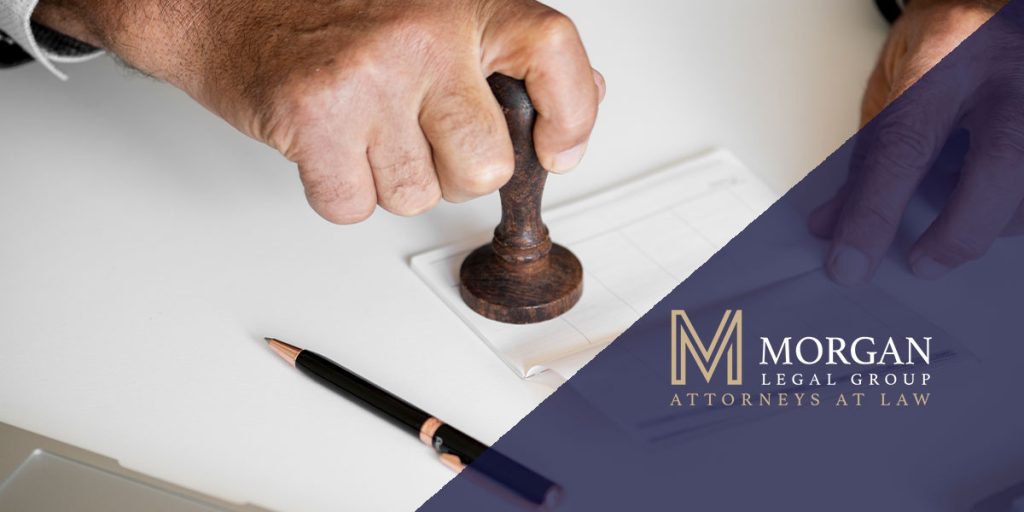Designating a Power of Attorney for Financial Matters in New York
Planning for your financial future and ensuring that your assets are managed appropriately, especially in unforeseen circumstances, is a vital aspect of estate planning. One crucial tool in achieving this is designating a Power of Attorney (POA) for financial matters. At Morgan Legal Group in New York City, we understand the significance of this decision and its impact on your financial well-being. In this comprehensive guide, we’ll explore how to designate a Power of Attorney for financial matters in New York and why it’s a critical step in your estate planning journey.
What Is a Power of Attorney (POA)?
A Power of Attorney is a legal document that grants someone the authority to act on your behalf in financial, legal, or other matters. The person you designate as your POA, often referred to as your “agent” or “attorney-in-fact,” will have the legal authority to make decisions and take actions as outlined in the POA document.
Why Designate a Power of Attorney for Financial Matters?
Designating a POA for financial matters is a crucial component of estate planning for several reasons:
1. Financial Management in Case of Incapacity
In the event of your incapacity due to illness, accident, or other unforeseen circumstances, your designated POA can step in to manage your financial affairs. This includes paying bills, accessing bank accounts, and making financial decisions on your behalf.
2. Continuity of Financial Operations
A designated POA ensures the seamless continuity of your financial operations. Without a POA, financial transactions, investments, and other critical activities may be delayed or disrupted, potentially causing financial hardship.
3. Tailored Financial Management
You have the flexibility to specify the extent of your POA’s powers. You can limit or expand their authority based on your preferences and needs, granting them the ability to manage specific assets or make particular financial decisions.
4. Avoiding Guardianship Proceedings
Designating a POA can help avoid the need for costly and time-consuming guardianship proceedings. With a valid POA in place, the court is less likely to appoint a guardian to manage your financial affairs.
How to Designate a Power of Attorney in New York
Designating a Power of Attorney in New York involves the following steps:
1. Consult with an Attorney
Consult with an experienced estate planning attorney at Morgan Legal Group. They will guide you through the process, explain your options, and help you create a POA tailored to your needs.
2. Choose Your Agent
Select a trusted individual whom you want to designate as your POA. This should be someone you believe will act in your best interests and follow your instructions diligently.
3. Specify Powers and Limitations
Work with your attorney to specify the powers and limitations of your POA. You can make your POA general, granting broad financial authority, or specific, focusing on particular financial matters.
4. Draft the POA Document
Your attorney will draft the POA document in accordance with New York state laws. The document should be clear and comprehensive, outlining the agent’s powers, responsibilities, and any restrictions.
5. Execute the Document
Sign the POA document in the presence of witnesses and a notary public. Ensure all legal requirements are met for the document to be valid.
6. Provide Copies
Provide copies of the executed POA to your designated agent, financial institutions, and any other relevant parties. Ensure your agent understands their responsibilities and is willing to act on your behalf when necessary.
Designating a Power of Attorney for financial matters is a crucial step in your estate planning journey. It offers you peace of mind knowing that your financial affairs will be managed by someone you trust in case of incapacity or need. At Morgan Legal Group, we are dedicated to helping you make informed decisions and ensure your financial well-being is protected.


